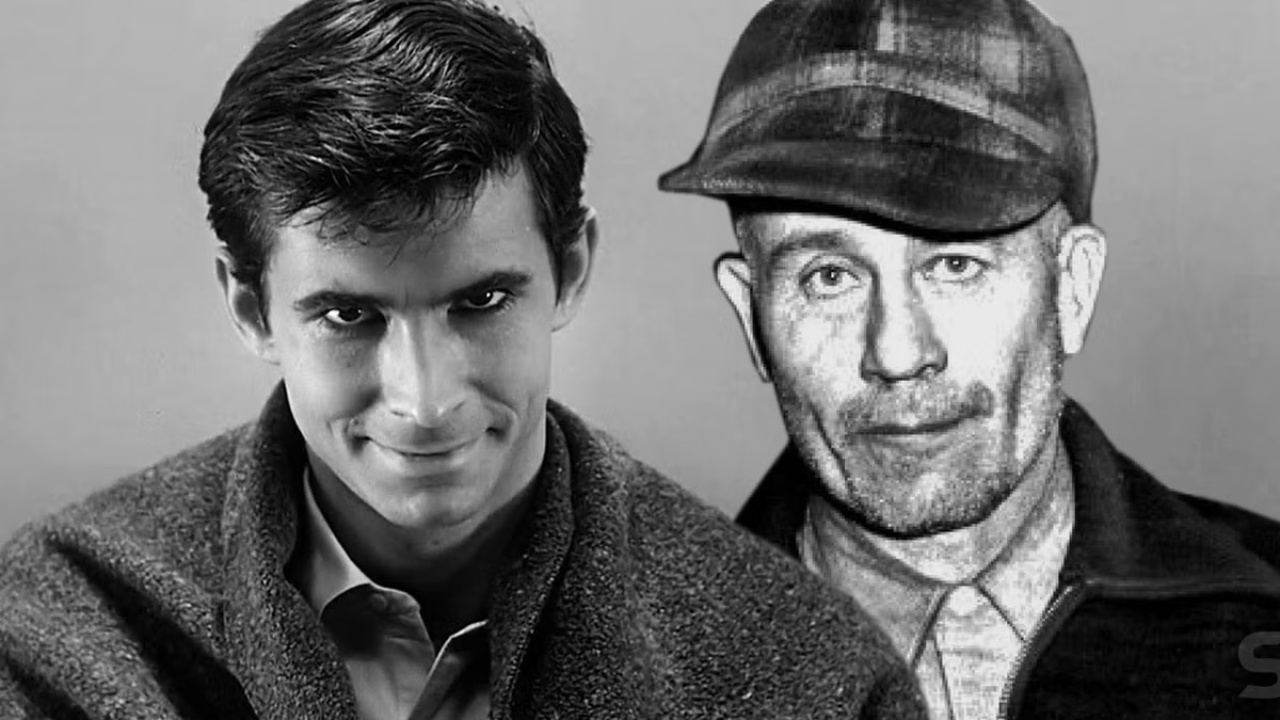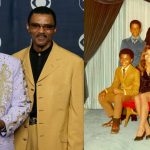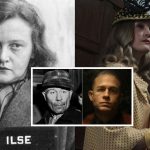Anthony Perkins stepped into the flickering glow of Hollywood in the 1950s, his lanky frame and haunted eyes casting a spell that would redefine terror on screen. Best remembered as Norman Bates in Alfred Hitchcock’s Psycho, he brought a chilling authenticity to a man teetering on the edge of sanity, his voice cracking like dry leaves underfoot as he murmured to shadows only he could see.
Yet beneath the makeup and meticulously lit motel scenes lay a performer whose own life whispered of quiet torments, prompting whispers among biographers and fans alike: did the darkness he embodied seep into his soul? And in channeling a killer drawn from real blood, did Perkins mirror the fractured existence of Ed Gein, the reclusive ghoul whose atrocities chilled the Midwest?
The allure of Anthony Perkins’ legacy often circles back to that Bates boy, a figure stitched from the threads of American folklore and Freudian dread, but the actor’s path to that role wound through personal labyrinths far removed from outright madness. Born in 1932 to a stage luminary father who vanished too soon, Perkins grew up under the unyielding gaze of a mother whose affections twisted into something suffocating, a dynamic that etched deep grooves into his sense of self. He navigated the rigid mores of mid-century America as a closeted homosexual, his attractions buried under layers of feigned normalcy, leading to a cascade of internalized conflicts that manifested in bouts of paralyzing anxiety and a profound aversion to intimacy.
You Might Like: Who Stabbed Mark Sanchez? What We Know
These struggles, raw and unrelenting, fueled his craft—he poured them into roles that demanded vulnerability, turning personal fractures into performances of exquisite unease. But schizophrenia? The spectral diagnosis that haunted cinematic villains like Bates never clung to Perkins in any clinical sense. No medical records or firsthand accounts from therapists point to the hallucinatory deluges or disjointed realities that define the disorder; instead, his battles aligned more with the grinding erosions of trauma and societal repression, the kind that simmers without shattering into psychosis.
Friends and collaborators recalled a man of sharp intellect and wry humor, prone to self-doubt yet capable of profound empathy, his evenings spent dissecting scripts rather than wrestling phantoms. Even as AIDS claimed him in 1992, a cruel tabloid leak shattering his privacy before a doctor’s whisper could, Perkins faced mortality with a stoic clarity unmarred by delusional fogs. His psyche, though scarred, remained tethered to the tangible world, a far cry from the dissociative voids he so masterfully evoked.
Fractures of the Familiar
Anthony Perkins in Psycho (1960) pic.twitter.com/TgsJge4FmF https://t.co/KROyHh5cE6
— cinesthetic. (@TheCinesthetic) August 27, 2025
Delving deeper into Perkins’ inner world reveals a tapestry woven from familial knots and cultural chokeholds, threads that tugged without ever unraveling into the chaos of schizophrenia. Osgood Perkins, his father, a brooding thespian whose early death in 1937 left a void, cast a posthumous pall over the household; young Tony, rechristened Anthony to honor the lineage, absorbed the weight of legacy like a sponge in a storm. His mother, Janet Esselstyn Rane, a woman of fierce protectiveness bordering on possession, blurred boundaries in ways that lingered—accounts from intimates suggest her tactile affections veered into the inappropriate, seeding a lifelong wariness of women’s touch that echoed in his screen personas.
This maternal stranglehold, compounded by the era’s suffocating expectations for masculine poise, bred a profound isolation; Perkins flitted through relationships with men in shadowed secrecy, his public facade a meticulously rehearsed heterosexual charade that drained him to exhaustion. Therapy became a reluctant refuge in the 1960s, sessions unearthing buried resentments but yielding no evidence of the auditory barrages or paranoid architectures of schizophrenic episodes. Instead, his afflictions mirrored the quiet desperations of adjustment disorders—nights lost to insomnia, a gnawing perfectionism that sabotaged personal bonds, and a hypersensitivity to rejection that made every audition a gauntlet of the soul.
By the 1980s, as he reprised Bates in sequels, Anthony Perkins confided in letters to confidants about the role’s ironic balm: embodying madness freed him to confront his own specters without judgment, a cathartic masquerade that healed more than it harmed. Yet for all its intensity, this was not the splintered cognition of Gein’s documented decline; Perkins’ mind, resilient in its fragility, bent but never broke into the irreparable.
Echoes Across the Abyss
If Anthony Perkins’ essence eluded schizophrenic labels, the spectral kinship to Ed Gein emerges not in literal mimicry but in the haunting symmetries of stunted lives, where overbearing mothers loom as both architects and demolishers of identity. Gein, the Plainfield butcher whose 1957 unmasking revealed a charnel house of exhumed flesh and sewn horrors, embodied a descent into schizophrenic oblivion, his mind a storm of auditory eddies and maternal apparitions that blurred corpse from kin. Diagnosed post-arrest with the disorder’s full ferocity—hallucinations of his domineering Augusta commanding grave-robbing pilgrimages, delusions fusing the dead with the divine—Gein became a cautionary relic, his isolation-fueled psychosis a blueprint for Bates’ fractured duality.
Ed Gein… the inspiration for Norman Bates, Leatherface, and Elmer Fudd. pic.twitter.com/AwhlvjfevM
— Kris Kristensen (@theK2dispatches) June 5, 2023
Perkins, slipping into that skin for Hitchcock, absorbed the part with an osmosis that blurred actor and avatar; his own Augusta-echoing mother, whose grip echoed Augusta’s biblical tirades, lent his Norman a verisimilitude that chilled crews on set. Both men, adrift in maternal vortices, navigated manhood through feminine veils—Gein in literal lampshades of skin, Perkins in the subversive drag of Bates’ dresses, a nod to his suppressed queerness that Hitchcock exploited with sly precision.
Also See: Who Is Mark Sanchez’s Wife? All About Perry Mattfeld
Yet where Ed Gein’s solitude curdled into necrophilic rites, Anthony Perkins channeled repression into artistry, his “curse” a metaphorical tether to the role that dogged his career, typecasting him as eternally uneasy. No graves disturbed, no blades wielded in frenzy; Perkins’ likeness to Gein resided in the shared ache of sons eclipsed by spectral matriarchs, a psychological rhyme that amplified Psycho‘s dread without descending into the butcher’s gore. In the end, Perkins emerged as interpreter, not incarnation—his genius lay in dancing with the devil of Gein’s ghost, illuminating madness from the safety of scripted shadows.








